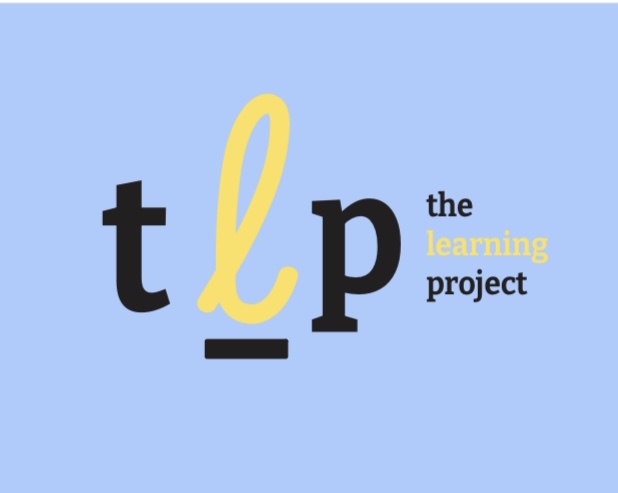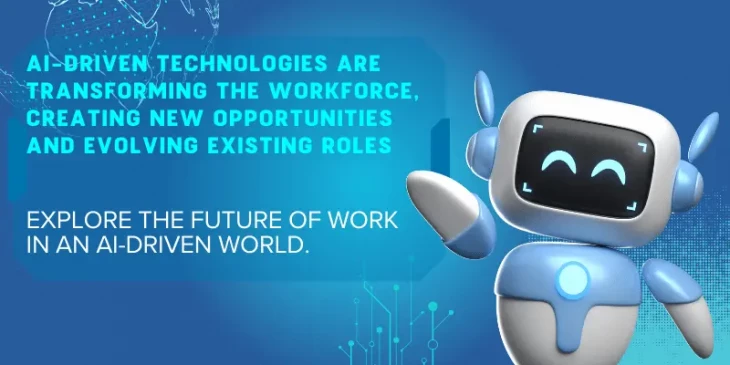Artificial Intelligence (AI) has rapidly transitioned from a specialized area of computer science to a groundbreaking technology influencing numerous industries globally. As AI systems grow more advanced, concerns about job displacement have surfaced. Will AI replace jobs? The answer is intricate, involving not just the potential for job loss but also the creation of new roles and the evolution of current positions. This blog explores the complexities of AI's impact on the workforce, examining both the risks and opportunities.
The Anxiety of Job Displacement
The fear surrounding AI and job loss is understandable. Historically, technological advancements have led to significant labor market shifts. The Industrial Revolution, for example, replaced manual labor in many sectors with machines, causing widespread job loss and economic disruption. Similarly, AI's ability to automate tasks traditionally performed by humans has raised concerns about extensive unemployment.
Instances of AI-Induced Job Displacement
- Manufacturing and Production: Robotics and AI-driven systems have revolutionized manufacturing, automating repetitive and dangerous tasks. Factories now need fewer workers as machines handle assembly lines, quality control, and inventory management.
- Retail and Customer Service: AI-powered chatbots and virtual assistants are replacing human agents in customer service. Automated checkout systems in retail stores reduce the need for cashiers, leading to a decline in these jobs.
- Transportation and Logistics: Autonomous vehicles and drones promise to transform transportation and logistics. Truck drivers, delivery personnel, and warehouse workers might see their jobs threatened as these technologies become more widespread.
The Positive Side: Job Creation and Transformation
While fears of job displacement are valid, it is crucial to acknowledge that AI can also create new jobs and transform existing ones. Throughout history, technological advancements have not only eliminated jobs but also generated new industries and roles that were previously unimaginable.
Emerging Job Opportunities
- AI Development and Maintenance: The rise of AI has spurred demand for professionals who can develop, implement, and maintain AI systems. Data scientists, machine learning engineers, and AI ethicists are among the new roles emerging in the tech industry.
- Healthcare and Personalized Medicine: AI is revolutionizing healthcare by enabling personalized medicine and enhancing diagnostic accuracy. This has created new roles for healthcare professionals who work alongside AI to provide better patient care.
- Education and Training: As AI integrates into various industries, there's a growing need for educators and trainers to teach the necessary skills to work with AI systems. This includes both technical skills and soft skills like critical thinking and problem-solving.
Transforming Existing Roles
AI is not only replacing jobs; it is also reshaping them. Many roles are evolving to incorporate AI, augmenting human capabilities rather than making them obsolete.
- Enhanced Decision-Making: AI's ability to analyze vast amounts of data quickly and accurately benefits decision-makers in various fields. For instance, in finance, AI algorithms can analyze market trends and provide investment recommendations, enabling financial analysts to make more informed decisions.
- Increased Efficiency: In sectors like agriculture, AI-driven technologies such as drones and precision farming tools are boosting efficiency and productivity. Farmers can use AI to monitor crop health, optimize irrigation, and predict yields, leading to more sustainable and profitable farming practices.
- Creative Collaboration: In creative industries, AI acts as a collaborator rather than a competitor. AI tools can assist artists, writers, and musicians by generating ideas, automating repetitive tasks, and providing new ways to express creativity. This symbiotic relationship enhances human creativity instead of replacing it.
Preparing for an AI-Driven Future
To address the challenges and opportunities presented by AI, it is essential to prepare the workforce for an AI-driven future. This involves upskilling, reskilling, and fostering a culture of lifelong learning and adaptability.
- Education and Training: Educational institutions must update their curricula to include AI literacy and digital skills. This encompasses technical training as well as critical thinking, problem-solving, and ethical considerations. Governments and private organizations should also invest in training programs to help workers transition to new roles created by AI.
- Lifelong Learning: In a rapidly evolving job market, the concept of lifelong learning becomes essential. Workers must be encouraged to continuously update their skills and adapt to new technologies, requiring a shift in mindset from static career paths to dynamic, evolving careers.
- Policy and Governance: Policymakers play a crucial role in ensuring that the benefits of AI are widely shared. This includes implementing policies that support job creation, provide social safety nets for displaced workers, and promote ethical AI development. Governments should also collaborate with industry leaders and educators to create a cohesive strategy for managing the transition to an AI-driven economy.
Ethical Considerations
The deployment of AI in the workforce raises important ethical considerations. Ensuring that AI systems are transparent, fair, and unbiased is essential to prevent discrimination and inequality. Additionally, the societal implications of widespread AI adoption, such as privacy concerns and mental health impacts, must be carefully managed.
- Transparency and Accountability: AI systems must be transparent and accountable to ensure their decisions can be understood and challenged. This is particularly important in sectors like finance and healthcare, where AI-driven decisions can have significant consequences.
- Bias and Fairness: AI systems can inadvertently perpetuate existing biases present in the data they are trained on. It is essential to implement measures to identify and mitigate bias in AI algorithms to ensure fair outcomes for all individuals.
Conclusion
The question of whether AI will replace jobs is complex and multifaceted. While AI has the potential to displace certain roles, it also creates new opportunities and transforms existing jobs. The key to navigating this transition lies in education, training, and ethical considerations. By preparing the workforce for an AI-driven future and fostering a culture of lifelong learning, we can harness the benefits of AI while mitigating its risks. Ultimately, the goal should be to create a future where humans and AI work together to enhance productivity, creativity, and well-being.



Leave a Comment
To post comment, please